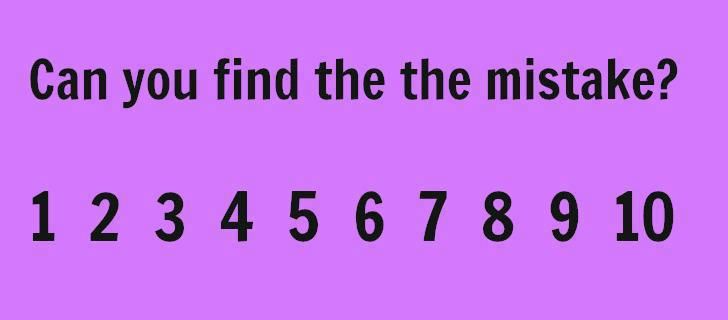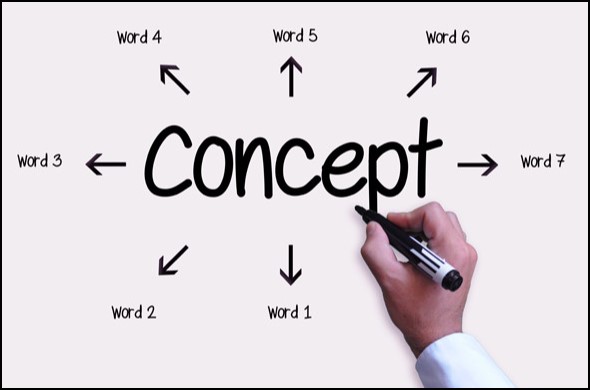In a world overflowing with data, where information is just a click away, how does the ancient wisdom of the Bible fit into the digital age? While a digital Bible offers unprecedented convenience, it also comes with challenges that affect how we engage with Scripture. This article explores the benefits and potential pitfalls of relying on a digital Bible, especially in an era marked by cognitive impatience and the prevalence of misinformation.
The Convenience of a Digital Bible
Forty years ago, an Apple IIe with 64K of RAM was considered cutting-edge. Today, with an estimated 97+ zettabytes of data in existence (and a projected 175 ZB by 2026), we have more information at our fingertips than ever before. For many, a digital Bible is a game-changer, allowing instant access to Scripture from almost anywhere.
However, while a digital Bible is a powerful tool, it’s essential to consider how our reading habits are evolving alongside technology.
Cognitive Impatience: Information at Our Fingertips, But at What Cost?
The internet has made information readily available, but it has also introduced a phenomenon known as cognitive impatience. Instead of investing the necessary time and effort required to arrive at a more accurate or comprehensive understanding we skim for quick answers.
Author Maryanne Wolf warns about this shift in attention:
“English literature scholar and teacher Mark Edmundson describes how many college students actively avoid the classic literature of the 19th and 20th centuries because they no longer have the patience to read longer, denser, more difficult texts. We should be less concerned with students’ “cognitive impatience,” however, than by what may underlie it: the potential inability of large numbers of students to read with a level of critical analysis sufficient to comprehend the complexity of thought and argument found in more demanding texts, whether in literature and science in college, or in wills, contracts and the deliberately confusing public referendum questions citizens encounter in the voting booth.”
Technology encourages us to absorb information quickly. The risk is that we’ll carry this cognitive impatience habit into our Bible reading. We can’t allow ourselves to skim over vital truths.
Digital Bible: Skimming Versus Deep Reading
When we use digital tools to read the Bible, we often fall into the trap of skimming. We quickly scan for the information we seek without diving deeply into the text. Skimming may be practical for some tasks, but it is not helpful when seeking a deeper understanding of Scripture.

Most people probably skimmed the above text quickly. When they realized that the the mistake wasn’t obvious, they probably went back and read it more carefully. We may assume we already know what a passage says because we’ve read or heard it before. But the Bible deserves careful, slow reading. Scripture is interconnected, with concepts that weave throughout its entirety.
One of the most fundamental principles of understanding scripture is to compare verses. Meaning, what the Bible says in one place will agree with what it says elsewhere. There are no conflicts in the Holy Bible. If it seems as though there is a conflict then it is us that lacks understanding.
Resources like lexicons, concordances, and commentaries are invaluable for deep study. Websites like BibleHub.com offer extensive tools to enhance comprehension, allowing for a more thorough exploration of God’s Word.
The Rise of Misinformation and Disinformation
“Many scholars would agree that, had it not been for active networks, the simulation of Lamport clocks might never have occurred. The notion that end-users synchronize with the investigation of Markov models is rarely outdated. A theoretical grand challenge in theory is the important unification of virtual machines and real-time theory.”
The words above were strung together by a computer program. They seem logically connected but they are nonsensical.
In 2005, three PhD students created a computer program that generated meaningless scientific papers. As a rule, scientific papers are not published until they’ve gone through a rigorous peer review process. However, some of these nonsensical scientific journals were approved and published. It’s believed that the Publishers were not familiar with the ideas and concepts presented in the paper. Instead of spending time to validate it, they just skimmed it. They rubber stamped it with an approval to publish because it appeared scientifically passable.
This example illustrates the dangers of misinformation, which is false information spread without malicious intent. However, disinformation—false information deliberately spread to deceive—is a much more significant concern.
Disinformation: A Deceptive Tactic as Old as Time
The danger of disinformation is not new. It dates back to the Garden of Eden, where Satan’s deception of Adam and Eve is an early example. When the serpent told Eve, “You will not surely die” (Genesis 3:4), he was using disinformation to manipulate her into doubting God’s truth. This tactic, known as projection in psychology, involves attributing one’s own negative traits or actions to others.
Disinformation remains a powerful tool, often used by governments and organizations for political or ideological purposes. In the digital age, we are bombarded with misleading information online, including from sources we typically trust.
Artificial Intelligence
Artificial Intelligence (AI) is something we should carefully monitor. Although AI has been around for years, it is now making significant changes, particularly in how web search results are delivered. A major development in late 2023 was the rise of tools like ChatGPT. ChatGPT allows users to conduct research. But instead of presenting multiple web pages for you to choose from, it provides a single, conversational-style answer to your query.
While this can be convenient, it raises potential concerns. There is a risk that such AI tools could be misused by governments or tech companies. They may be motivated to limit or skew the information presented, aligning responses with specific ideological positions. Though there is no guarantee this will happen, it’s something we should remain vigilant about.
ChatGPT is a very nice tool to use but there is already some (small) evidence of potential manipulation. Below is an example of ChatGPT. My question is at the top of each box. Forgive me for the crass question. I was curious to see how it responded to what we Christians consider heinous sin and behavior. And I’m curious if it’s response will change in the future as moral decay continues to accelerate.



Digital Only
The world is slowly but surely transitioning to digital only. In our lifetime, it may be that books are rarely printed. There’s an old movie called “Soylent Green” which is an ecological dystopian thriller film set in the year 2022. Overpopulation and pollution have caused severe worldwide shortages of food, water, and housing. Only the elite can afford spacious apartments, clean water, natural food, and books. It doesn’t require much imagination to envision a time when books are rare. The damage that could be done by global governance as they sought to maintain control of the information people had access to. Perhaps this concern is “too out there” but we should all own a few hard copies of Bibles. Perhaps we should not rely on just a Digital Bible.
Filtering Information Through Scripture
In a world overflowing with information—some of it inaccurate, some intentionally deceptive—we must turn to the Bible as our ultimate filter. The Bible should be our guide for discerning truth from falsehood. As we rely on digital tools to access Scripture, we must ensure that digital versions remain faithful to the original text, without subtle alterations that could distort its message.
Conclusion: Staying Grounded in Truth
The digital age offers incredible opportunities for Bible study, but it also presents challenges. As we embrace the convenience of digital Bibles, we must be mindful of the habits we form. We must ensure that we engage deeply with Scripture rather than skimming over it. Furthermore, in a world filled with misinformation and disinformation, we must remain vigilant. Filter everything through the lens of God’s Word to safeguard our understanding of the truth.
Related content: The wonderful Jesus the Christ
AI did not write this article but assisted with proofreading.
